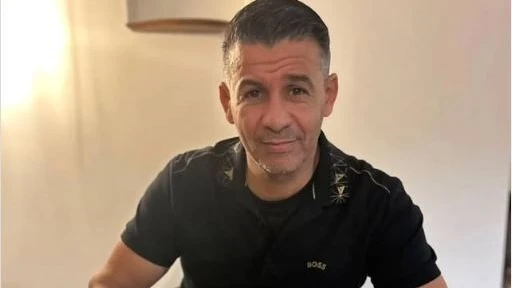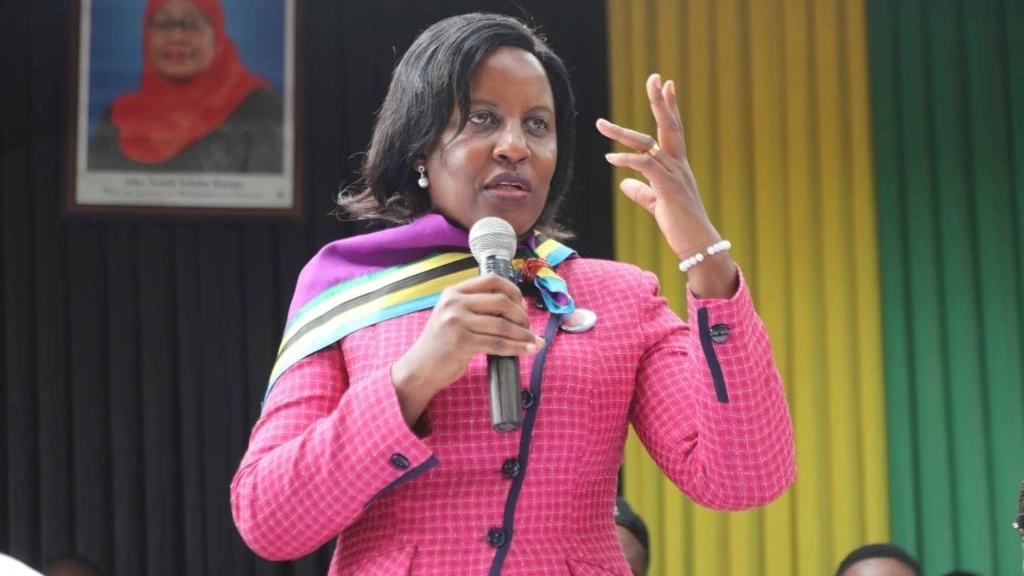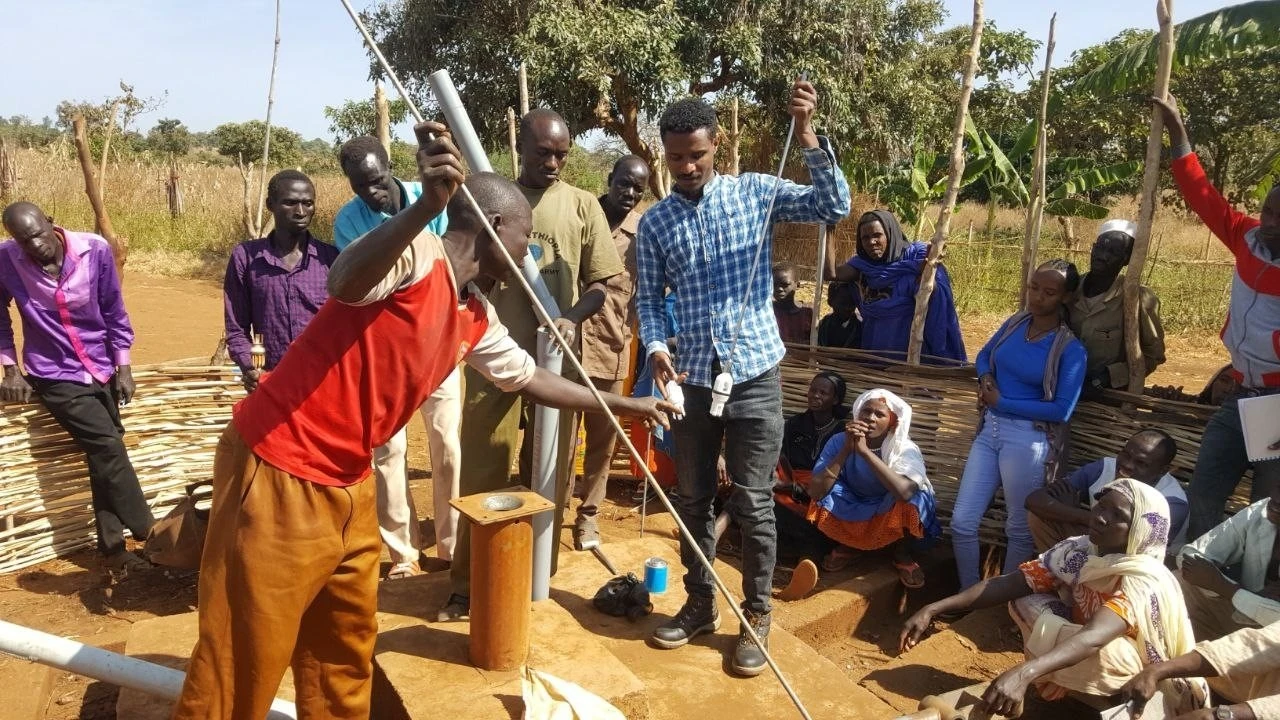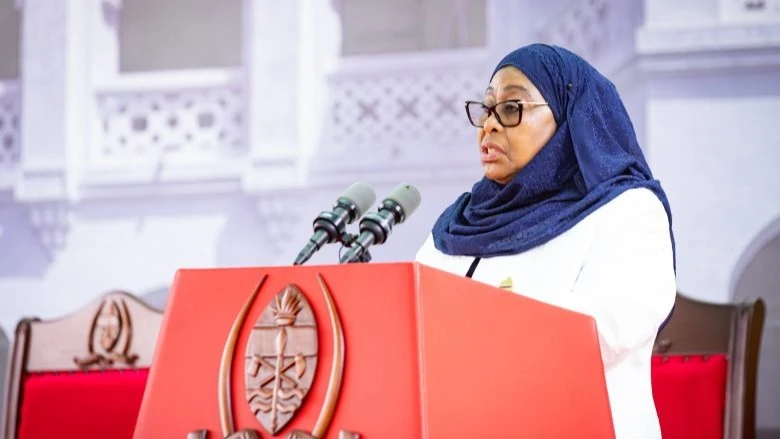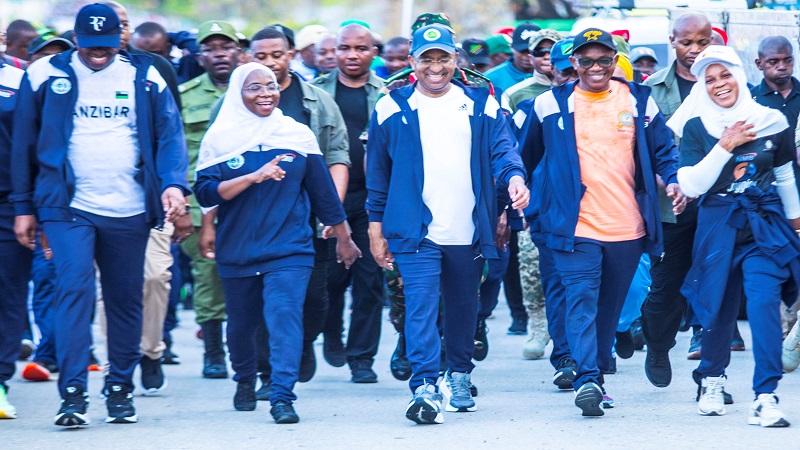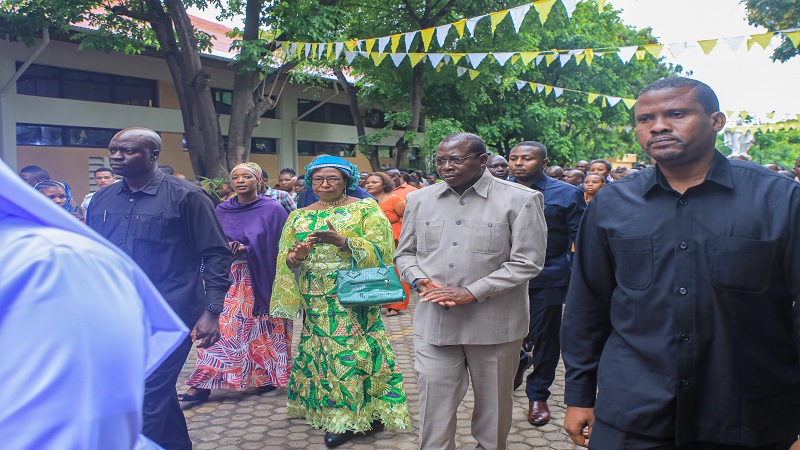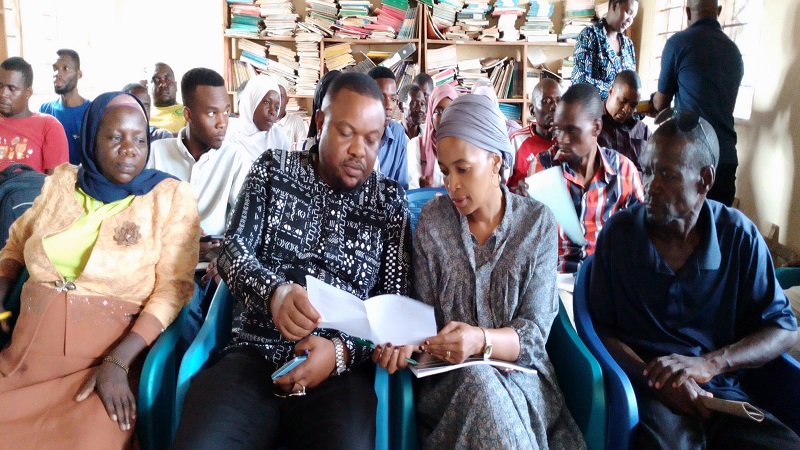Govt lists gains in livestock research, policy in 50 years
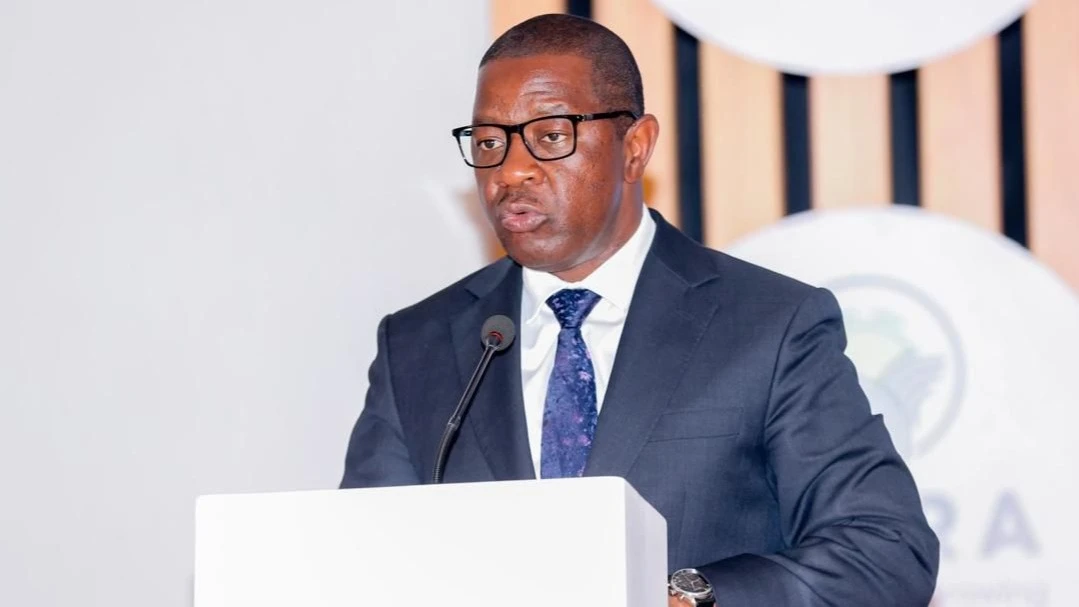
THE government has recognised the significant impact of its partnership with the International Livestock Research Institute (ILRI) in advancing livestock sub sectors over the past 50 years.
Livestock and Fisheries Minister Abdalah Ulega made the remarks in Dar es Salaam on Wednesday during ILRI 50th alumni and partners’ dinner reception.
Ulega highlighted ILRI’s crucial role in enhancing institutional and policy support, particularly through development of the Tanzania Livestock Master Plan of 2022.
He noted that the plan has influenced budget allocations for livestock within the agriculture sector and facilitated the establishment of a private sector desk at the ministry.
With technical support from ILRI and funding from the Bill and Melinda Gates Foundation, a $624 million investment plan has been integrated into the national development strategy to boost livestock production and strengthen value chains.
“This has been not only ILRI’s achievement but also the ministry is as it serves as our compass for livestock development and a benchmark for our progress,” he said.
Ulega also discussed ILRI’s Africa Asia Dairy Genetic Gains Programme (AADGG) launched in 2016. The programme utilises ICT platforms, genomic evaluations and farmer engagement to monitor dairy cattle productivity and improve livelihoods. In collaboration with the Tanzania Livestock Research Institute (TALIRI), AADGG has registered over 69,000 animals from 33,000 herds across Arusha, Kilimanjaro, Tanga, Iringa, Njombe, Mbeya and Songwe regions.
Additionally, Ulega underscored ILRI’s EnviroCow project, which collects data on methane emissions from smallholder dairy farmers.
The initiative aims to help farmers address climate change challenges while enhancing productivity.
“The ministry has received two laser methane detectors valued at $24,000 to support advanced research in this area,” he said.
Fabian Kausche, ILRI Deputy Director General for Research and Innovation, emphasized ILRI’s commitment to working in four interconnected areas: livestock development, health, climate and the environment.
“Our new corporate strategy is ambitious: to improve the livelihoods of 300 million people by focusing on sustainable, science-based livestock solutions,” he said.
Kausche also highlighted the importance of strategic focus within countries, prioritizing specific value chains identified by governments and collaborating with the private sector, development partners and other non-state actors to ensure a holistic and sustainable approach.
Top Headlines
© 2025 IPPMEDIA.COM. ALL RIGHTS RESERVED










